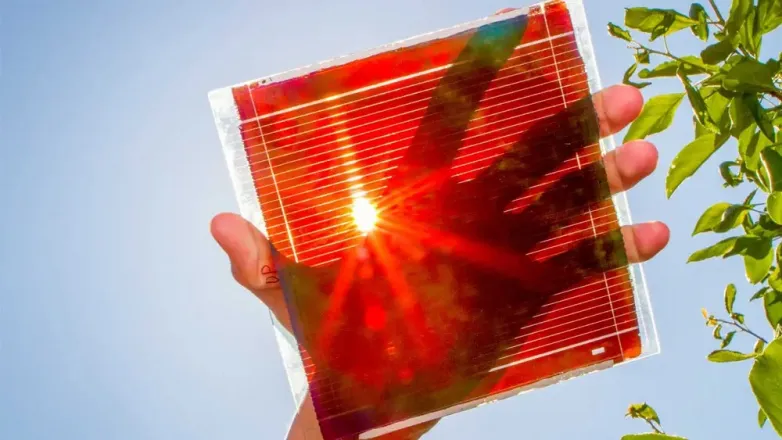Swedish-Israeli research group will certainly examine the self-healing abilities of perovskite solar cells
- A research collective project involving scientists from Sweden's Karlstad University and also Israel's Ben-Gurion University of the Negev as well as Weizmann Institute of Science will take a look at exactly how perovskite solar cells could recover and self-repair at night.

Metal halide perovskite materials have actually been revealed to have a self-repairing ability. One of the Israeli research teams have revealed that metal halide perovskite solar cells, which weaken in sunlight, can restore their efficiency in the evening, when it's dark. The various other Israeli research team revealed single crystals of lead-based metal halide perovskites to effective lasers, that made them lose their ability to radiance. The scientists after that found that the material reclaimed its photoluminescence complying with some healing time in darkness. Even if these 2 monitorings-- one in the solar cell's thin, multicrystalline layer and the various other one in solitary crystals-- appear relevant, the potential relationship in between these two sensations still requires to be much better understood, and how it works.
"In order to recognize the self-repair technicians of these products, we will certainly participate in this project to check out various samples, with and also without interfacial layers", states Ellen Moons, professor of Physics at Karlstad University. "We will analyze the interfacial layers' function in preventing ions to as well as degradation items from leaving the perovskite layer. These degradation items can after that be recycled in order to turn around the procedure and also fix the metal halide perovskites".
The teaming up research teams will make use of non-destructive analytical methods to determine which bonds in the product that undergo changes in the degradation and repair work procedures. They will certainly likewise analyze what results these modifications have on the digital properties of the product.
"In the long-term, this project will certainly lead the way in the direction of new and sustainable semiconductor materials", states Moons. "The products will be energy reliable to make as well as they will be able to restore their homes complying with degradation. What we are currently learning about self-repairing semiconductor electronics is expected to be of significant value in the advancement of future renewable resource resources, as well as the development of lasting electronics".
The project is funded via SSF, the Swedish Foundation for Strategic Research. A total amount of eight research projects will certainly share virtually 50 million SEK (over USD$ 4.7 million) provided by "Lise Meitner Grants for Israeli-Swedish Research Collaboration", which is a bilateral collaboration between SSF and also MOST, the Israeli Ministry of Science, Technology and Space.
Also read

